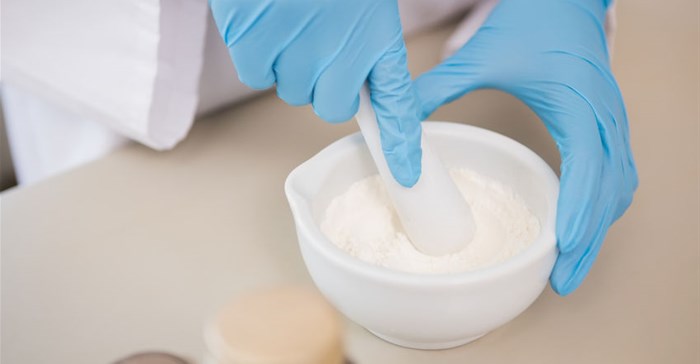Many consumers believe that because generics are cheaper they must be inferior. This lack of understanding costs consumers and medical aids millions of rands each year.
What is a generic drug?
Copies of brand-name drugs that have exactly the same dosage, intended use, effects, side effects, route of administration, risks, safety and strength as the original drug. “In other words,” says Kenneth Marion, acting chief operating officer for Bonitas, “their pharmacological effects are exactly the same as those of their brand-name counterparts. In more scientific terms, they are defined as a bioequivalent of a branded medicine with respect to pharmacokinetic and pharmacodynamics.”
But much, much cheaper...
Why are generics cheaper than the original brand?
Marion explains, “Pharmaceutical companies are researching and testing new active ingredients and medicines all the time. As they start working on a new molecule they patent it to get exclusivity on its use.
“The patent is valid for about 20 years, the company alone may research, create a new formulation and register the medicine. This understandably takes years and is a huge financial burden on the company. After about eight to 10 years on the market the patent usually expires and other drug companies can copy exactly the same drug without the initial clinical research costs.”
What guarantee is there that generics are true replicas?
The Medicines Control Council (MCC) carries the responsibility of making sure that generic drugs are safe and effective in South Africa. Generic manufacturers have to prove their medicine is bioequivalent to the innovator brand before a product is allowed into the local market.
Cost containment
Competition has exploded among manufacturers of generic equivalents of brand names, which is driving the cost of generics so low, that some are practically free. Even brand name products, still protected by patents, are feeling the price squeeze. The increased uptake in generics spells good news for consumers. Generic medicines cost on average between 30 and 80% less than the original product.
It’s hardly surprising that generic prescribing is as high as 70% in most medical practices. Generics are used in all areas of medicine including oncology and approximately 65% of acute and chronic ailments/diseases?
Increased consolidation in the healthcare industry is also having a positive impact on medicine prices and availability. Medical aids are trying to create more competition, even among medicines that are still under patent. They are also tightening up their formularies, in part to force pharmaceutical manufacturers to compete on price.
The Pharmacy Act of 1997 and the Medicines Control Amendment Act, among other things, have made it mandatory for dispensers of medicine, be they doctors or pharmacists, to offer the patient a generic substitute if one is available.
Making clones and generics
Often the pharmaceutical company that made the original drug also manufacture a generic, or clone, in their own factory, selling it under a different brand name.
.
Why do some patients complain the generic doesn’t work?
Bonitas believes that the most likely reason is that people may have so little faith in the generic - or anticipating it will not work - that it may not. Greater understanding of what generics are will go a long towards patients taking generics and reducing costs.
However, in some cases even though the active ingredients are the same the ‘fillers’ may differ slightly. Although unlikely, this ‘may’ cause a slight difference in the outcome. One example is for anti-seizure medications where a tiny, change may make a difference.
Generics are a way of saving millions on healthcare costs in South Africa and more specifically making medical aids go further. “Ultimately, these measures mean generous savings for consumers and is consistent with government's overarching goal of health reform,” says Marion.

































